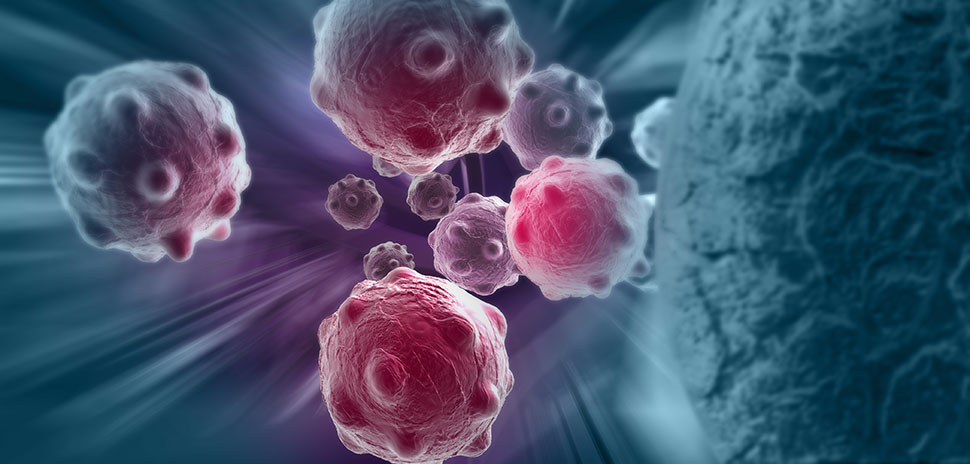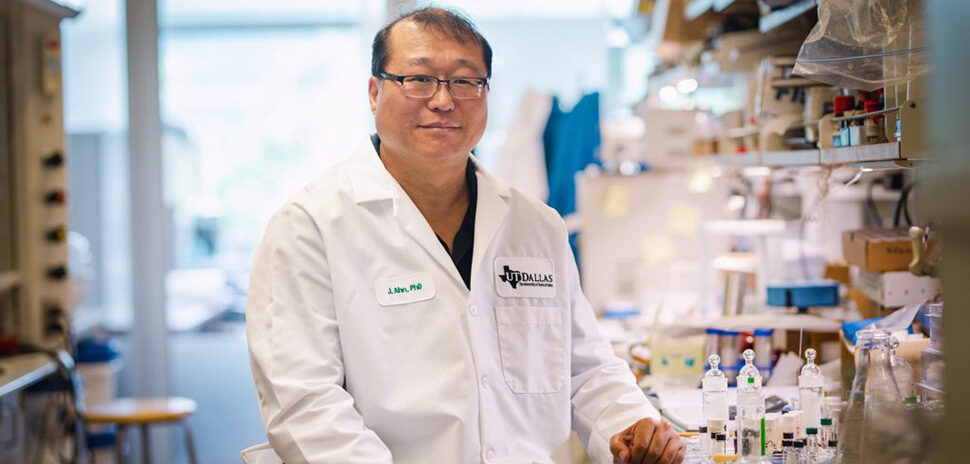
[Illustration: Vitanovski via iStock]
“Delivery can be a fundamental, and oftentimes overlooked, part of a drug’s success.”
Karen Chen
Global Business Strategy Leader for Oncology
Celanese
.…on a new collaboration with Alessa Therapeutics.
 Dallas-based Celanese Corporation has announced a collaboration with Alessa Therapeutics for developing a new oncology drug product, by utilizing the Celanese VitalDose EVA drug delivery platform.
Dallas-based Celanese Corporation has announced a collaboration with Alessa Therapeutics for developing a new oncology drug product, by utilizing the Celanese VitalDose EVA drug delivery platform.
The companies will work together to develop a localized and sustained-release drug delivery system for oncology patients that will limit systemic side effects and improve overall treatment, Celanese said.

Karen Chen
“Our new collaboration with Alessa Therapeutics underscores our commitment to optimize therapeutics through drug delivery innovation for oncology patients,” Chen added in a statement. “We believe that our contribution to Alessa’s work can make a meaningful difference in the lives of cancer patients.”
Maithili Rairkar, VP of technical operations at San Francisco-based Alessa, said the project could advance significantly in 2023.
“The commercial flexibility, responsiveness, and technical support provided by Celanese has enabled the rapid progression of our drug candidate,” Rairkar said. “We look forward to progressing this innovative local drug delivery approach beginning with human studies later this year.”
Founded in 2018 and based on technology developed by Dr. Pamela Munster’s group at UC San Francisco, Alessa Therapeutics is a privately held company focused on developing selective and sustained localized drug delivery for early interception of cancer and other diseases. The company is backed by Mission BioCapital.
For more of who said what about all things North Texas, check out Every Last Word.

Get on the list.
Dallas Innovates, every day.
Sign up to keep your eye on what’s new and next in Dallas-Fort Worth, every day.
R E A D N E X T
-
The Cancer Prevention & Research Institute of Texas has provided more than $3.1 billion in funding toward the development of cancer-fighting therapeutics, devices, diagnostics, and tools since 2010. It's now issued a call for startups and early-stage companies to apply for product development research grants for the 2023 fiscal year. “CPRIT’s mission is to invest in the research prowess of Texas institutions while expediting breakthroughs in cancer cures and prevention,” CEO Wayne Roberts said last May.
-
The Cancer Prevention and Research Institute of Texas approved over $90 million in new cancer research and prevention grants at its quarterly meeting near the Texas Capitol on Wednesday—and $20.6 million of that money is coming to North Texas to advance everything from breast cancer and lung cancer screening to "deep learning models" to facilitate T-cell receptor therapies.
-
The early-stage startup's QmTRIAGE software platform uses AI and machine learning to detect early breast cancers with a "high rate" of accuracy, MedCognetics says. The company has worked with UT Southwestern and UT Dallas to ensure its AI improves outcomes for "all ethnicities," at a time when racial disparities in AI have become a growing concern.
-
Southlake-based Renibus Therapeutics—a clinical-stage biotech company developing innovative products for cardiorenal diseases—has received $33 million in bridge financing to help it advance three drugs in its pipeline. The drugs are currently in various phases of trials.
-
Dr. Ahn is working on something very small that may have a profound, lifesaving impact on something hugely dangerous. In collaboration with UTSW Medical Center professor Dr. Ganesh Raj and UTHSC San Antonio's Ratna Vadlamudi, Ahn has created a molecule that can kill an array of cancers, including an aggressive form of breast cancer. The goal of the molecules is to prevent molecular “handshakes” between proteins that can cause out-of-control cell growth that spreads cancer further.
 Dallas-based Celanese Corporation has announced a collaboration with Alessa Therapeutics for developing a new oncology drug product, by utilizing the Celanese VitalDose EVA drug delivery platform.
Dallas-based Celanese Corporation has announced a collaboration with Alessa Therapeutics for developing a new oncology drug product, by utilizing the Celanese VitalDose EVA drug delivery platform. 
![]()






























